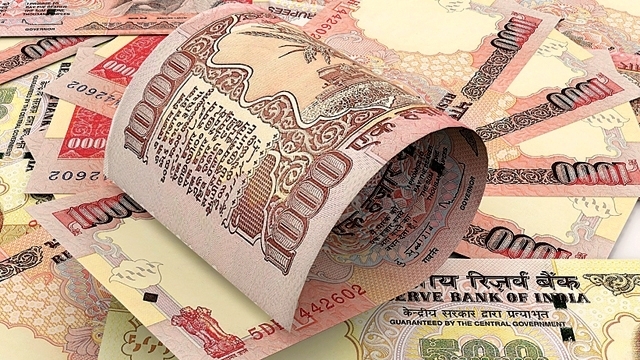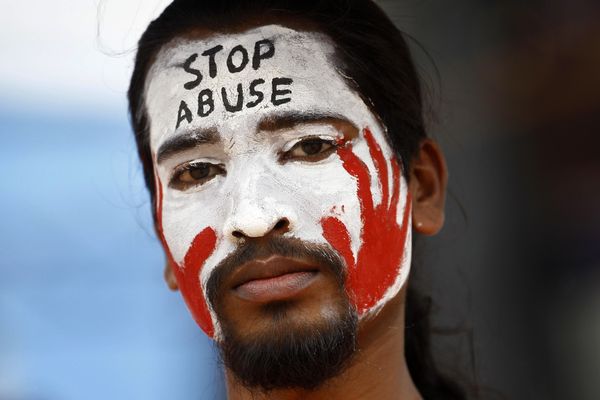What Are Exoplanets And How NASA Detects Life Beyond Our Solar System
Bharti Airtel Set To Acquire Telenor India Within This Year
Google Celebrates NASA’s Discovery Of Seven Earth-Like Planets With An Animated Doodle
Some Home Remedies That Might Sound Bizarre But Actually Work Like A Charm
Akshay Kumar Feels He Has Made Enough Money, Now Wants To Focus On Content & Characters
Delhi ATM Dispenses Fake Rs 2000 Notes From ‘Childrens Bank of India’ With ‘Churan Lable’
Adolf Hitler’s Personal Telephone During World War II Is Up For Auction In The US
From Salman Khan To Rekha, Neil Nitin Mukesh’s Wedding Reception Was Quite A Starry Affair
Ban on Rs 500, Rs 1000 notes is surgical strike on terror funding, black money
NEW DELHI: The anticipation built up after PM Narendra Modi met service chiefs to review the India-Pakistan security situation and news filtered out that he would address the nation. But it was a surgical strike of a different kind, with Modi delivering a stunning surprise by scrapping Rs 1,000 and Rs 500 notes and calling for a "decisive war" against corruption, black money and terrorism. "There is a need for a decisive war against the menace of corruption, black money and terrorism...festering wounds which make the country and society hollow from within," the PM said in a televised address, his first, to the nation. The decision comes in the backdrop of a fierce political fight over black money with opposition parties claiming Modi has failed to deliver on his pledge to combat black money. "From the midnight of November 8, Rs 500 and Rs 1,000 will not be legal tender... these will be just worthless pieces of paper," Modi said in his 40-minute speech. He said this was being done to combat graft and terror funding. The two high-value notes account for nearly one-fourth of all the notes in circulation. In value terms, however, their share was over 86% as of the end of March. The PM also said new notes of Rs 2,000 and Rs 500 will be introduced but those being currently held will have to be exchanged at banks. But this is subject to limits and rules out the possibility of large exchanges of illegal stash as these will need to be explained and accounted for. Pitching the decision as a much needed antidote to stamp out the menace of corruption and terror funding, the PM said "Black money and corruption are the biggest obstacles in eradicating poverty...Have you ever thought how these terrorists get their money? Enemies from across the border have run their operations using fake currency notes." Describing illegal financial activities as the "biggest blot", Modi said that despite several steps taken by his government over the last two-and-a-half years, India's global ranking on corruption had moved only to 76th position from 100th earlier. According to the finance ministry, the total number of bank notes in circulation rose by 40% between 2011 and 2016, while the increase in number of notes of Rs 500 denomination was 76% and for Rs 1,000 denomination was 109%. The World Bank in July, 2010 estimated the size of the shadow economy for India at 20.7% of the GDP in 1999 and rising to 23.2% in 2007. "A parallel shadow economy corrodes and eats into the vitals of the country's economy. It generates inflation which adversely affects the poor and the middle classes more than others. It deprives government of its legitimate revenues which could have been otherwise used for welfare and development activities," a finance ministry statement said. The move could have political ramifications in the forthcoming state elections as it impacts the capacity of parties to spend unaccounted cash for campaigning and various political payments.





